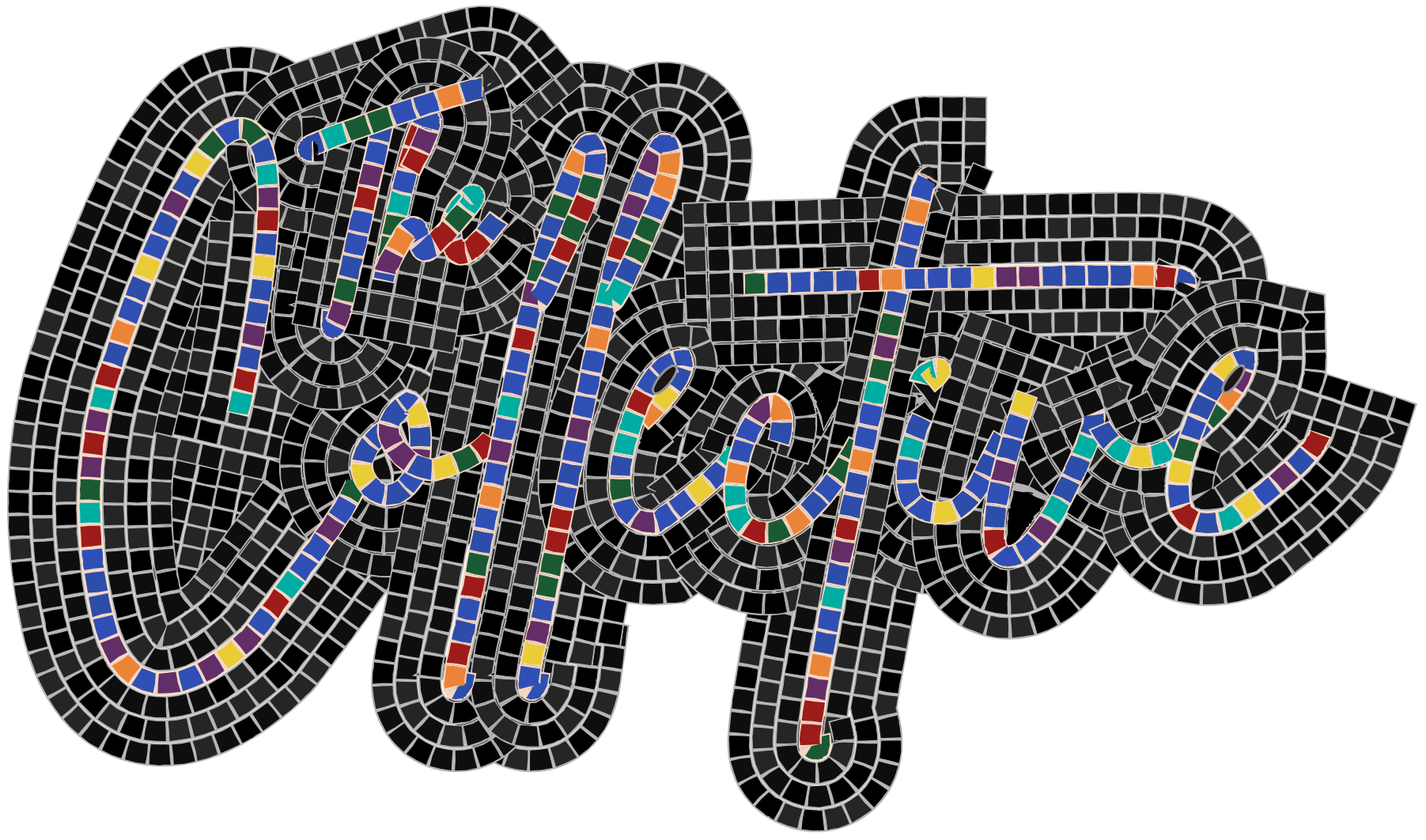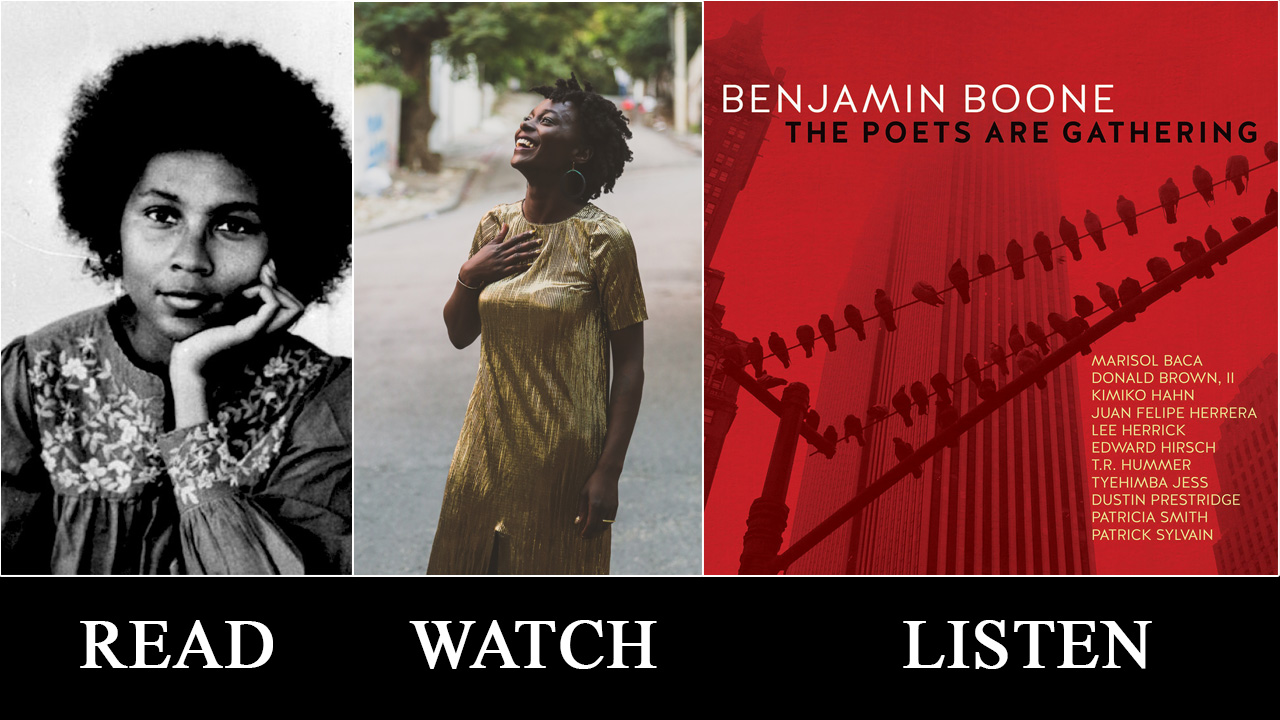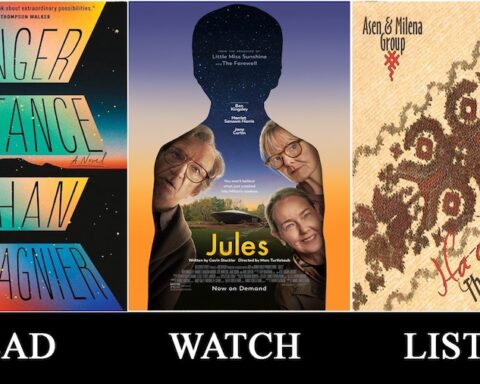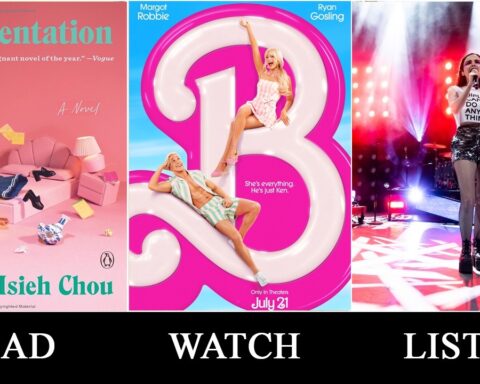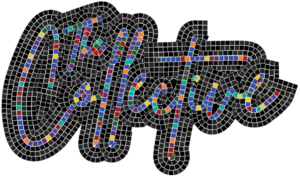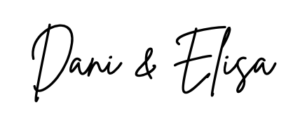History is the fruit of power, but power itself is never so transparent that its analysis becomes superfluous. The ultimate mark of power may be its invisibility; the ultimate challenge, the exposition of its roots.
Michel-Rolph Trouillot in Silencing the Past
My name is a poem. My name is not silence.
Tyehimba Jess in “Against Silence” from The Poets are Gathering
The Collective’s third issue critically addresses the marginalization of diverse voices — from music classrooms to U.S. voting booths to the subjugation of selves under racism and global capitalism. In line with this theme, and in light of February as Black History Month, we have selected three artists/works that have inspired and progressed our thinking on large-scale social liberation. We hope hearing their voices in this Editors’ Corner stimulates your mind, fortifies your soul, and propels you to engage further with their works, as well as with the articles and writers in this issue.
READ
bell hooks — killing rage: ending racism (1995) and Feminism is for Everybody: Passionate Politics (2000)
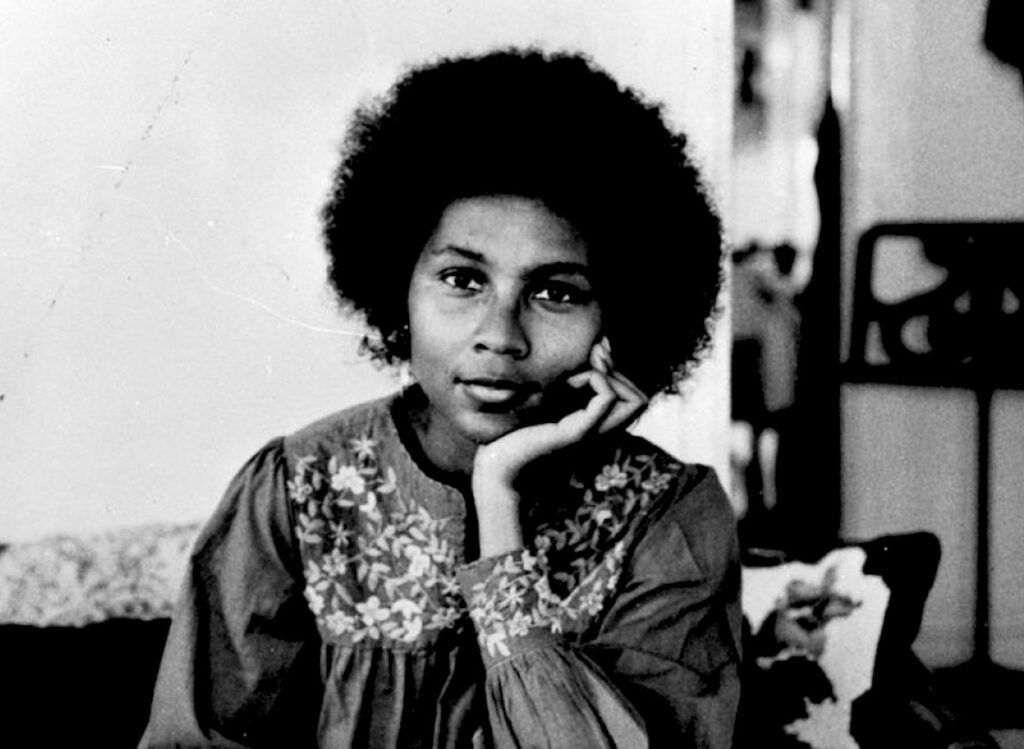
There’s too much to say about bell hooks — author, professor, activist, feminist, and great critic of what she termed the “imperialist white supremacist heteropatriarchy” — who died just over a month ago, on December 15, 2021. Just as there is too much to say about the experiences of those marginalized in the U.S. (not to mention the wider global reach of the West), the disparate perspectives they yield, and the kind of thinking that needs to happen in order for actual systemic progress to be made.
Born Gloria Jean Watkins, bell hooks’ pen name is a tribute to her grandmother Bell Blair Hooks; the lowercase letters “de-emphasize her individual identity.” Hooks’ many works explore the intersections of class, race, and sex, pushing both feminism and discussions of race and racism into truly critical ground.
In honor of her passing, and in line with our intention to engage in critical social debate and change, we read two of her books: the 1995 collection of essays killing rage: ending racism and her short introduction to the feminist movement Feminism is for Everybody: Passionate Politics (2000). Here we share selected passages to highlight her critical voice and entice you to read more.

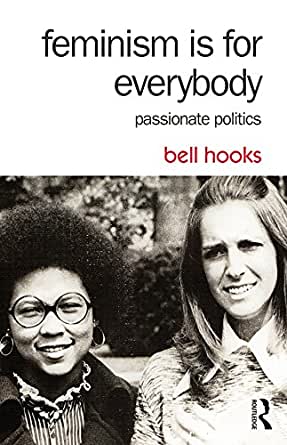
The time to go forward is still upon us and we have long surrendered segregated spaces of radical opposition. Our separation now is usually mere escape—a sanctuary for hiding and forgetting. The time to remember is now. The time to speak a counter hegemonic race talk that is filled with the passion of remembrance and resistance is now. All our words are needed. To move past the pain, to feel the power of change, transformation, revolution, we have to speak now—acknowledge our pain now, claim each other and our voices now.
This writing is fundamentally optimistic even as it is courageously and fiercely critical precisely because it emerges from concrete struggles on the part of diverse groups of women to work together for a common cause, forging a politics of solidarity.
Literature that helps inform masses of people, that helps individuals understand feminist thinking and feminist politics, needs to be written in a range of styles and formats. We need work that is especially geared towards youth culture.
The emphasis on work as the key to women’s liberation led many white feminist activists to suggest women who worked were ‘already liberated.’ They were in effect saying to the majority of working women, ‘Feminist movement is not for you.’ Most importantly I knew firsthand that working for low wages did not liberate poor and working-class women from male domination.
It is the telling of our history that enables political self-recovery. In contemporary society, white and black people alike believe that racism no longer exists. This erasure, however mythic, diffuses the representation of whiteness as terror in the black imagination. It allows for assimilation and forgetfulness. The eagerness with which contemporary society does away with racism, replacing this recognition with evocations of pluralism and diversity that further mask reality, is a response to terror.
bell hooks
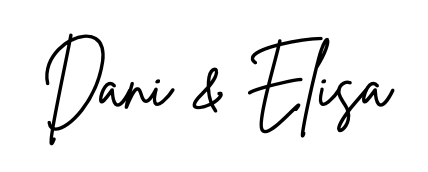
WATCH
Nathalie Joachim — “Suite pou Dantan” from Fanm d’Ayiti (2019) and Flutronix

Grammy-nominated flutist, composer, and vocalist Nathalie Joachim is a gem in the music world. Juilliard-trained and at the top of her game (or anyone’s, really) in classical music, Nathalie pushes back against the toxicity of the industry both personally and professionally, critiquing the “rat race” and instead making a point to “breathe, recenter, and recharge” when she needs to — all the while making absolutely beautiful music that both speaks directly to her experience as a Haitian-American woman and universally breaks down genre- and culture-related barriers.
Nathalie’s 2019 album Fanm d’Ayiti (Women of Haiti), described as an “evening-length work for flute, voice, string quartet and electronics that celebrates and explores her personal Haitian heritage,” is joyful, uplifting, and genuine. We recommend you listen to the album in its entirety, of course, but what we’ve found most inspiring is to watch Nathalie sing and play the three-movement “Suite pou Dantan,” written in honor of her ancestral village in Haiti. You can read more about this piece and the album here.
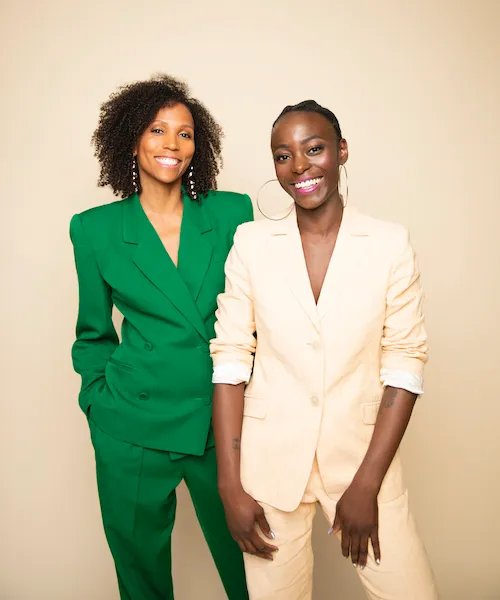
We also love Nathalie’s cutting-edge flute duo with her close friend and collaborator Allison Loggins-Hull — Flutronix (link).
In her own words, Nathalie describes the power of her work in Flutronix:
Flutronix was founded nearly 15 years ago by two young Black women who had not yet come into themselves, but who chose to breathe hope and strength into one another. We couldn’t begin to imagine the women standing before you today. Are we perfect? No. But we are doing the damn thing. On Thursday, we will birth our newest body of work into the world at @artsclubchicago and I’m very much in my feelings, y’all. I am deeply proud that “Black Being” represents our story: so very Black, so very Bold, and so very Beautiful. “She carried the DNA of survival in her eyes.” I feel this line from @greenjaki’s incredibly powerful poetry in my bones every time I sing it. I feel my ancestors singing it through me. I feel Allison Loggins-Hull and I embodying it as we pour our blood into this work.
excerpt from Instagram post @njoachim
For more beautiful words & music, follow Nathalie on Instagram!

LISTEN

The Poets are Gathering (2020) by Benjamin Boone
Released just before election day 2020, Benjamin Boone‘s The Poets are Gathering is a tour de force, creating a deeply thought-provoking, critical, and passionate political revolution that is made accessible to all by brilliantly melding the art forms of poetry and jazz. This grammy-nominated album is the third in a series of poetry meets jazz albums by Fulbright Scholar, composer, and saxophonist Boone. Where the first two in the series present the voice and poetry of late U.S. Poet Laureate Philip Levine, this collaboration is a mosaic of voices, with each track featuring the poetry and its performance by one of America’s great Poet Laureates, Guggenheim fellows, and Pulitzer Prize winners: Tyehimba Jess, Patricia Smith, Edward Hirsch, Juan Felipe Herrera, T.R. Hummer, Kimiko Hahn, Patrick Sylvain, Lee Herrick, Dustin Prestride, Marisol Baca, Donald Brown II.
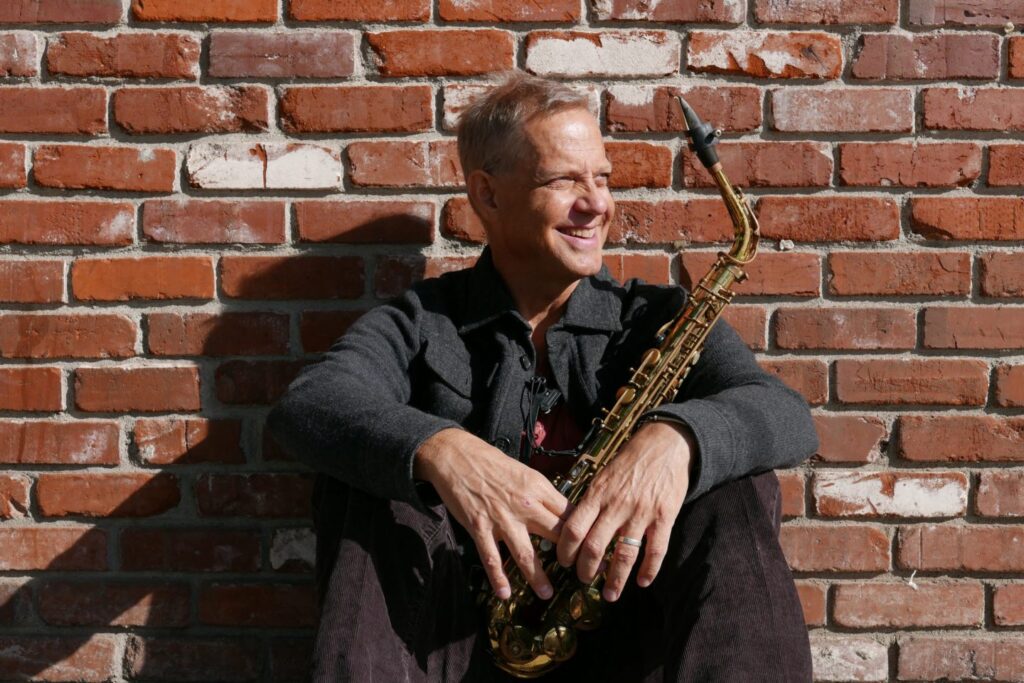
The music is performed by a talented group of musicians on piano/keyboards, guitar, bass, percussion, trumpet, saxes, and violin. Subjects range from racial violence and oppression to immigration, homelessness, and war; and Boone’s music howls along, sometimes chilling, bursting through like a scream (i.e. track 1), other times reflective and reveling in the beauty of life’s “Truths” (i. e. track 6). Always, the music is thinking and moving forward, a partner to the gripping words and performances of the writers. Poet Laureate Juan Felipe Herrera writes of the recording: “[It] can overwhelm and distress, but through the voices of some of the world’s great literary minds there are clues to be found to absorb the blows, summon the spirits, engage the moment and as Tyehimba Jess suggests, ‘murder the silence’ that threatens to immobile us, to keep us away from the reasons to commit, to deal, to hope – and, above all, to imagine.”
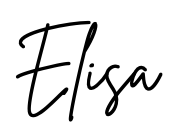
As a community and publication, we strive to follow in the footsteps of writers like bell hooks in our refusal to separate undeniably intersecting social issues, our insistence on digging for root causes on every possible level, and our rejection of surface-level thinking. True change stems not from some blindly predetermined and uncritiqued sense of moral rightness but from radical listening. And from a willingness to question the status quo and continually recontextualize the self.
Relationships between blacks and whites, Asians, Native Americans, etc. will not undergo the positive change that is needed to establish solidarity and meaningful coalition unless we build collective awareness and engagement with strategies for empowerment that enable us all to break with a colonizing mentality that promotes mental illness. . . Addressing our individual and collective suffering, we will find ways to heal and recover that can be sustained, that can endure from generation to generation.
bell hooks
We hope you enjoy listening and thinking your way through the nine fresh articles in this issue, digging for the voices and the experiences that shaped them.
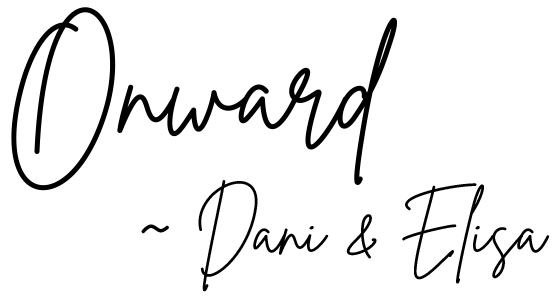
Articles in this issue:
- Featured Article: Diversity A derasha on school choir by a gay American Jew by Michael B. Silvers
- Bridges Mirrors and windows: Reflecting and expanding worldviews in music education by Melissa Muñoz
- Ethics The self? Some tautological semantic BS by Ian Nutting
- Learning Cuban danzón: A thread in the great living web of jazz history by Lauryn Gould
- Materials Ten Black composers to program this year by Allegra Martin
- Movement A sliver of hope for our American experiment by John Ottman
- Performing The artist formerly known as woman by Max Jefferson
- Politics Understanding modern American politics through Hollywood, pt. 1 by Vijay M. Rajan
- Nugget January 2022: Listening to Akhnaten by Andrew Bethke
